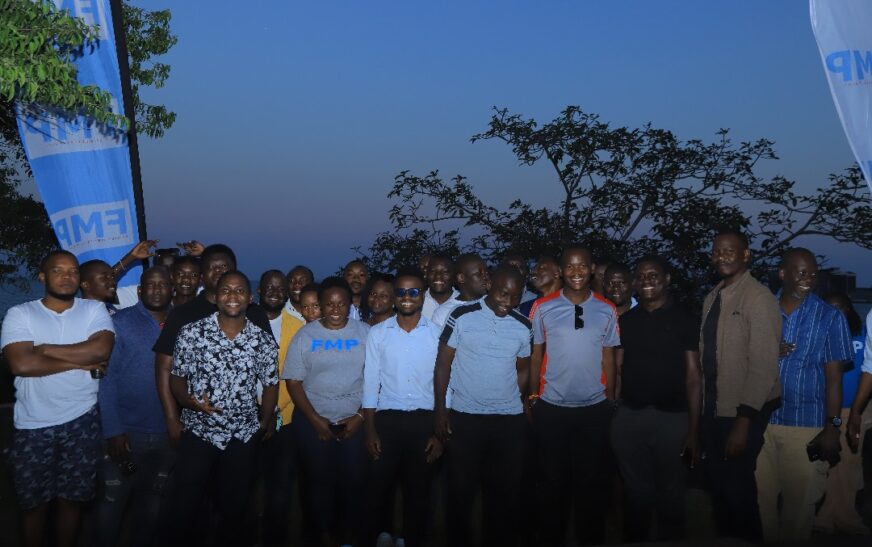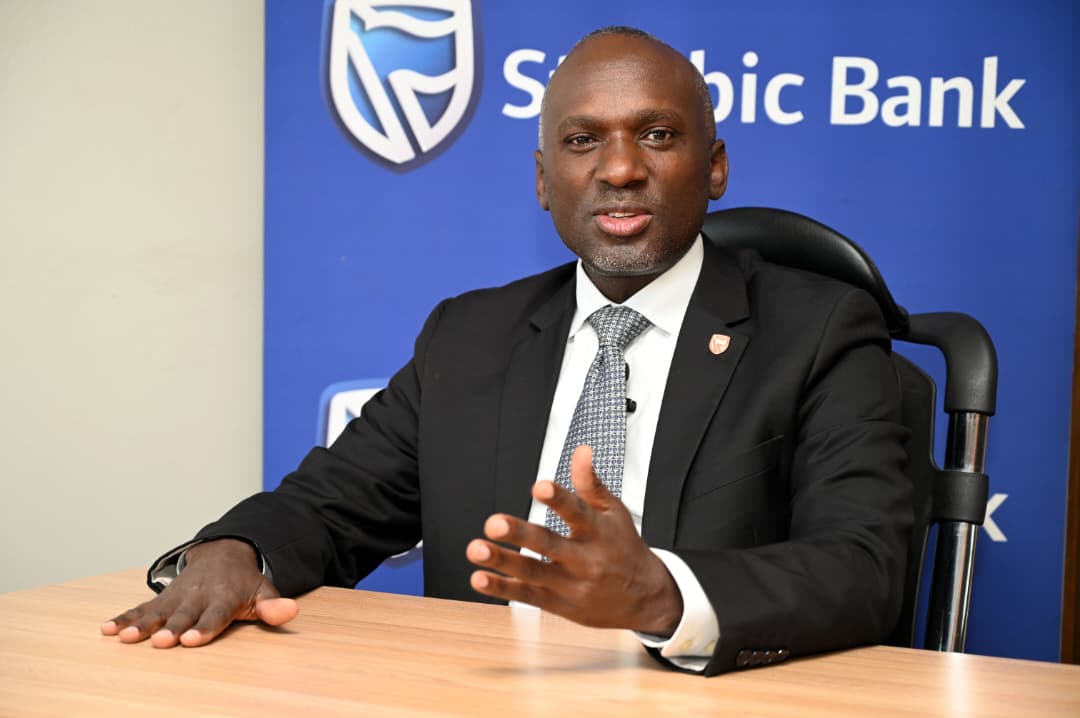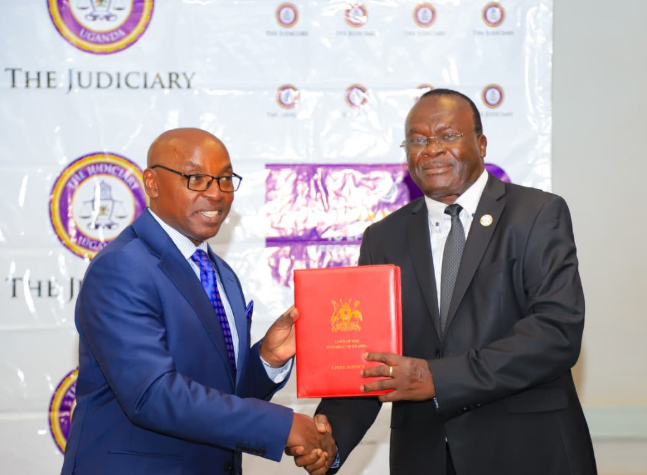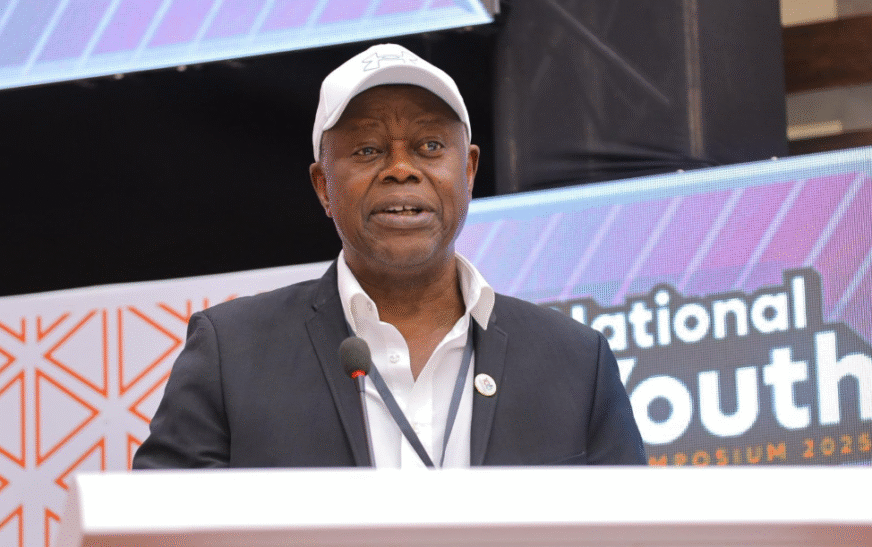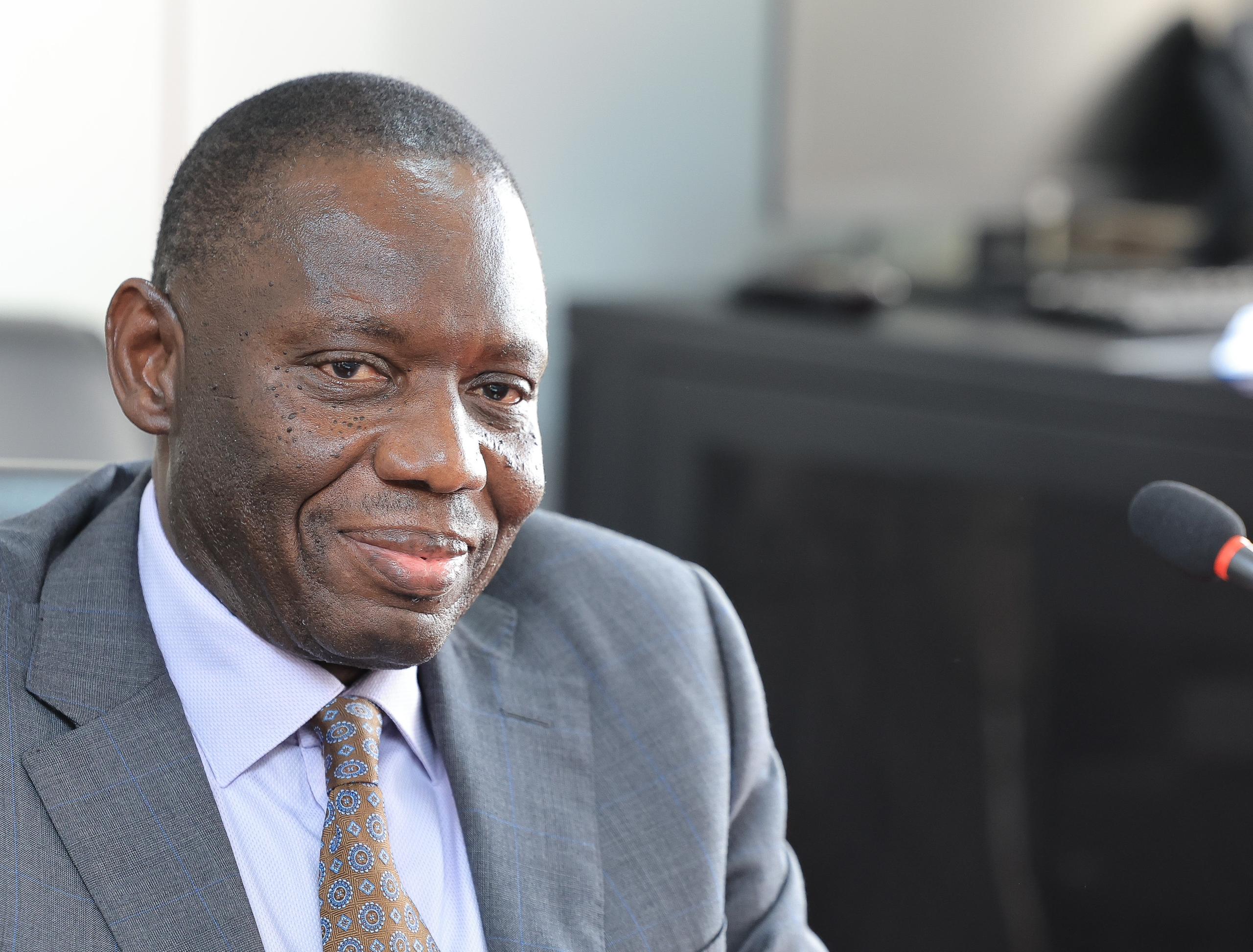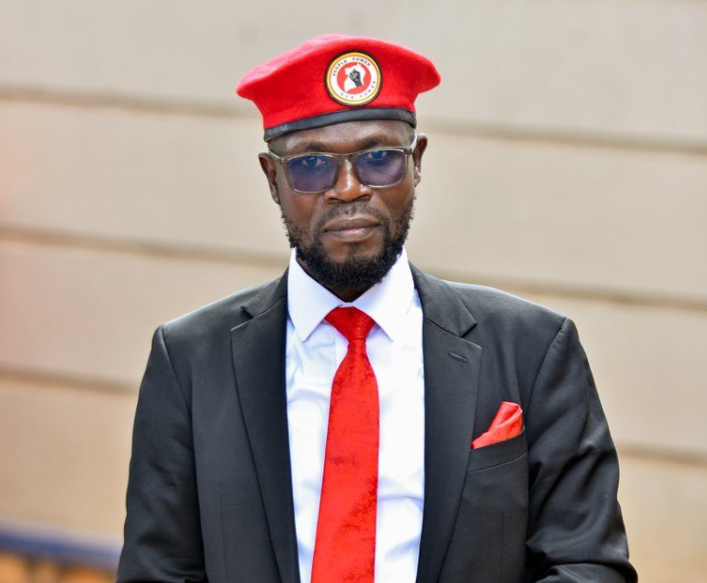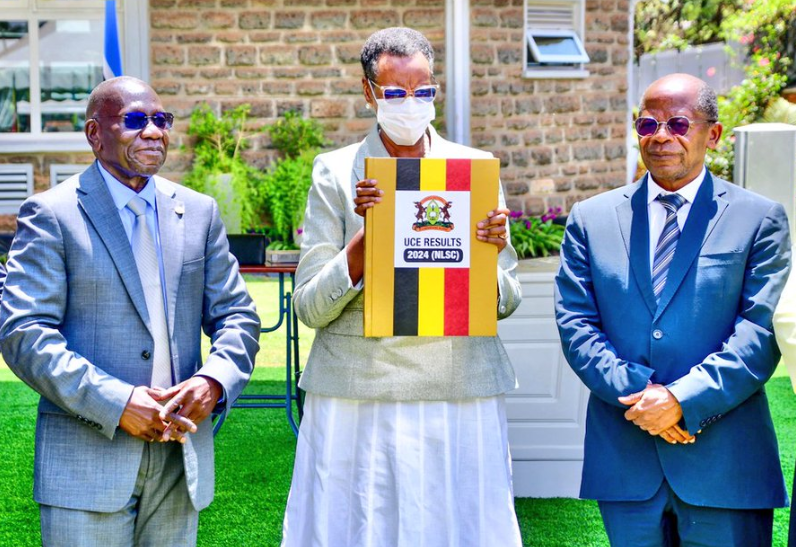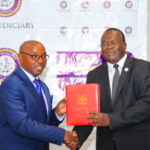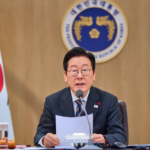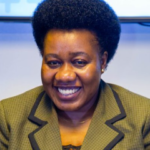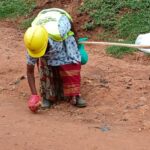Family Medical Point (FMP) has called on journalists to take the lead in advocating for increased access to Sexual and Reproductive Health and Rights (SRHR), particularly for marginalized and underserved communities in Uganda.
This call was made during a Media Café held at Botanical Beach, Entebbe, where over 18 journalists gathered to explore their role in shaping public discourse and policy through ethical and impactful SRHR reporting.
Despite SRHR being a critical public health issue, media coverage in Uganda remains limited and often inaccurate. Stories that do make it to publication frequently lack sensitivity, exclude marginalized voices, or reinforce stigma, rather than addressing the systemic barriers to access.
“Accurate, sensitive reporting is crucial these stories not only inform communities about their rights but also influence policymakers and help reduce stigma,” said Polyne Nabwire, Head of Programmes at FMP.
She emphasized the importance of amplifying the voices of vulnerable groups, such as fishing communities, young people, women, and sex workers, who often face stigma, discrimination, and limited access to SRHR services.
Odongo Moses, Executive Director of FMP, stressed that journalists are uniquely positioned to shape public understanding and drive policy reforms.
“When journalists are equipped with accurate information and a deeper understanding of the challenges facing marginalized groups, their reporting can raise awareness, influence policy, and help bridge the gap between underserved populations and health services,” he said.
Kamana Ivan, a journalist from Nation Media, shared how working with FMP enabled him to report on the plight of sex workers in fishing communities, often overlooked due to societal stigma.
“These communities need us to tell their stories. When we do, policymakers can act to improve access to SRHR services,” he said
The Media Café mixed icebreaker activities with deep conversations about newsroom pressures, ethical dilemmas, and the difficulty of covering sensitive SRHR topics without furthering stigma.
The event aimed to build the capacity of journalists to tell stories that are factual, inclusive, and representative of communities most affected by gaps in SRHR services.
Through this initiative, FMP seeks to ensure that media not only informs but also empowers communities, challenges harmful norms, and catalyzes real change in Uganda’s public health landscape.

